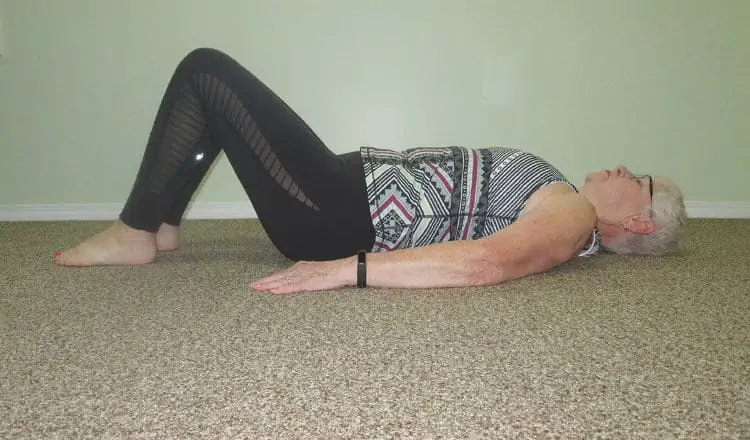As if it’s not enough to have friends, family and co-workers sabotaging our fitness efforts, we turn around and start sabotaging ourselves.
You go through all the motions of creating a healthier lifestyle. You go through all the stages from pre-contemplation to action, which for some people can take years.
Then you put good money down for a gym membership, hire a trainer, buy all the latest workout gear and books and get an iPod because there is nothing like good music to motivate you.
Then you get the Nike pod shoe attachment because having Lance Armstrong motivating you through your run is about as motivating as having him run beside you.
You set your goals, create your road map to success, clear out your cupboards and fridge of junk and fill them with fresh fruits, vegetables and proteins.
You are set.
Ready to start your journey to a healthier life. Nothing can stop you now … except you.
You start seeing results and then, at that minute, you fall off the wagon.
You binge, you skip workouts, you cheat. What’s most frustrating is that you know what you should do, but no matter how hard you try, you can’t get yourself to do it. This is you sabotaging your efforts because of your self-image and belief that you are not deserving of a better life.
To be lean, healthy and fat-free, you must see yourself as being capable of achieving that body and worthy of maintaining it.
If you see yourself as an overweight, unhealthy person then you’ll never be a lean, fit person until you honestly see yourself that way.
Just when you start to see results and become happy with how you look, all of a sudden you’ll get the irresistible urge to sleep in and blow off your 6 a.m. workouts. You’ll get uncontrollable cravings for ice cream at 11:30 p.m. You’ll lose your motivation. You won’t “feel” like working out. These self-sabotaging behaviours are all symptoms of your self-image.
If you see yourself as a fat person, you will behave like a fat person. If you see yourself as a lean, fit and healthy person, you will behave like a lean, fit and healthy person.
A fat person would never work out faithfully every day of the week, so the “fat person” inside of you will start making excuses to miss the workout. Someone with a “fat person” self-image would never eat healthy and clean so it’s not surprising that they cheat on their diet and start reaching for their favourite foods.
So, in order to stop the self sabotage, we need to create a new self-image. Here’s how:
- Start daydreaming. Create a picture in your mind of what your dream body would look like. Even cut pictures out of magazines and glue your head to them. It sounds ridiculous, but you have to let go of the image you see in the mirror right now and create a new image of yourself.
- Write out a description of your goal image. Try to be specific and use terms in the present tense. “I have a beautifully toned and defined back that looks amazing in my new, red, backless dress.” Don’t worry if it’s not perfect now, just like other goals you will want to go back and edit or update them.
- Start acting the part. Fake it until you make it. Don’t act like you’re the extra in your own movie, create the movie and lead it as the actor, the producer and the director. When you don’t want to get out of bed for your morning workout, ask yourself what would a fit person do right now?
- Re-enforce the image every day. You need to reprogram your mind by repeating the image and affirmations every day, multiple times a day. It took a long time for your current self-image to develop so you can’t expect it to change overnight. It takes at least 21 days of consistent effort for the roots of a new image to form and sometimes up to 90 days before they become visible for all the world to see. Be patient and persistent.
Don’t let your own mind be your own worst enemy.
This column is provided by Peak Fitness. Mrs. Lee Randell is an ACE certified personal trainer. Contact information and past articles are available at www.pkfitness.yk.ca/Clients. Anyone who wants to begin an exercise program should consult their physician first.
This column is provided by Mrs. Lee Randell, independent fitness consultant, who is an ACE certified advanced health and fitness specialist and personal trainer. You can reach her at www.mrsleerandell.com.



